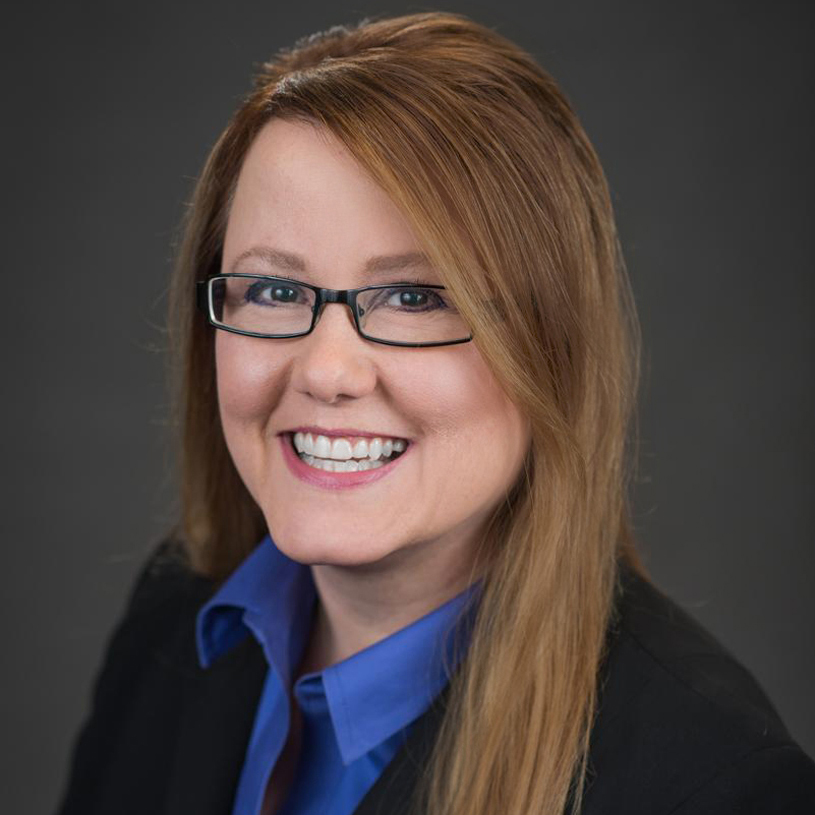
As many Americans head to the polls on Tuesday (please vote, if you haven’t already), a new survey finds strong support from Democrats, Republicans and independents on an issue of importance to senior living and other long-term care providers: family caregivers.
The John A. Hartford Foundation asked more than 2,000 US adults for their opinions on several caregiving-related matters and found that:
- 95% of Democrats or Democrat-leaning respondents, 94% of Republicans or Republican-leaning participants, and 93% of independents strongly or somewhat support providing free training for family caregivers who need to perform medical tasks such as managing a feeding tube or operating an oxygen tank.
- 94% of Democrats, 94% of Republicans and 93% of independents strongly or somewhat support bringing in professional direct care workers so that family caregivers can rest and address their own personal needs.
- 95% of Democrats, 91% of Republicans and 91% of independents strongly or somewhat support providing paid time off for family caregivers to fulfill their caregiving responsibilities.
- 92% of Democrats, 88% of Republicans and 88% of independents strongly or somewhat support guaranteeing unemployment benefits to cover family caregivers who need to leave their jobs to care for someone.
“The near-universal approval of policies to assist family caregivers should encourage organizations and policymakers to take federal, state and local action as recommended in the 2022 National Strategy to Support Family Caregivers,” the foundation says. Some of those policies could benefit you.
The national caregiver strategy, you’ll recall, was created through a public-private partnership and with support from the John A. Hartford Foundation, LeadingAge LTSS Center @UMass Boston and additional groups. It has a focus on relatives of senior living residents and other family caregivers, but it also calls for efforts to address professional caregiver education, training and compensation; to establish a pipeline of workers for long-term care; and to reform the long-term services and supports financing system (learn more and find a link where you can submit comments to the federal government here).
Responses to another question in the recent John A. Hartford Foundation survey also might be of interest to senior living providers. The survey found that family caregiving is a common experience across every demographic group in America — in fact, 48% of participants said they help a friend or family member with activities of daily living and/or with instrumental ADLs. Yet when they were asked whether they knew where to go to receive professional or financial caregiving assistance, many respondents said they did not.
Continuing with the political theme, 39% of Democrats said they did not know where to turn, as replied 43% of Republicans and 59% of independents.
And the answers to that question can be sliced and diced across many demographic categories. For instance:
- 39% of men and 49% of women respondents said they did not know where to go to receive professional or financial caregiving assistance.
- 43% of participants aged 18 to 34, 41% of those aged 35 to 44, 53% of those aged 45 to 54, 43% of those aged 55 to 64, and 41% of those aged 65 or more years did not know where to turn.
- 35% of respondents living in the Northeast, 43% of those living in the Midwest, 49% of those living in the South and 43% of those living in the West did not know where to get assistance.
The 2022 National Strategy to Support Family Caregivers has been delivered to the U.S. Senate Committee on Health, Education, Labor and Pensions and the U.S. House Committee on Education and Labor as well as to state agencies responsible for carrying out family caregiver programs. But if you’re a senior living provider, this survey delivers additional food for thought on the business opportunities to serve that are available to you.
See more survey results here.
Lois A. Bowers is the editor of McKnight’s Senior Living. Read her other columns here.



